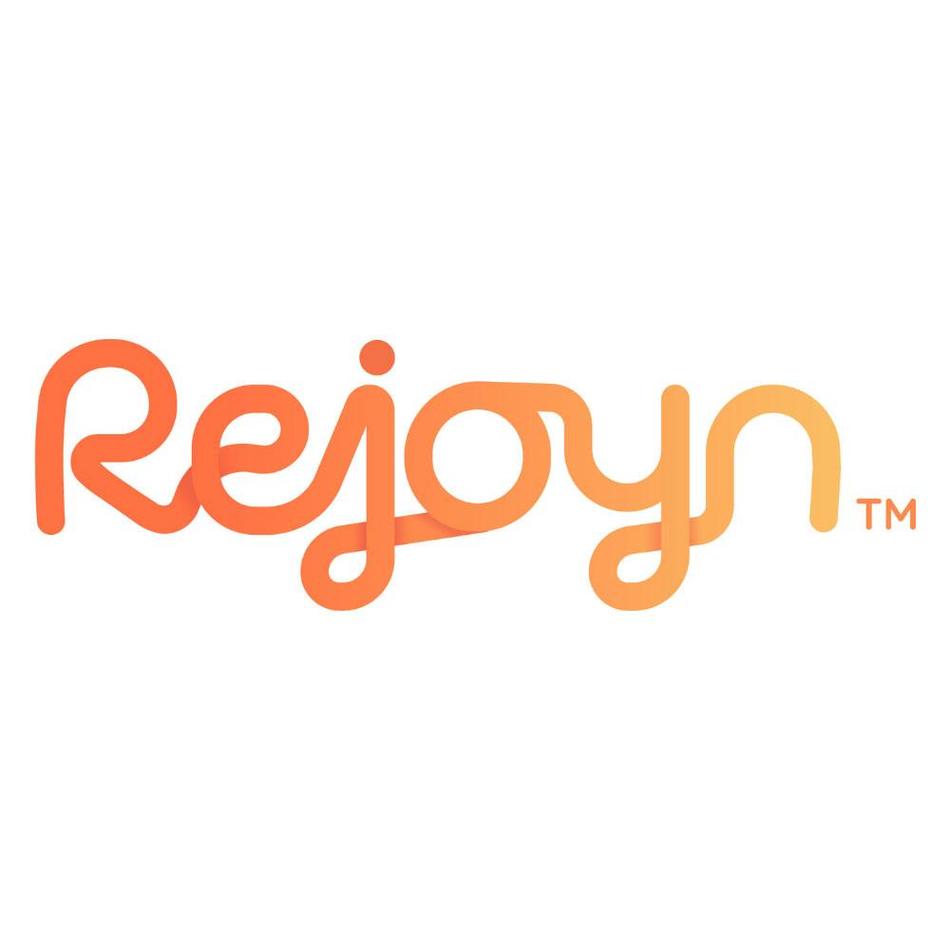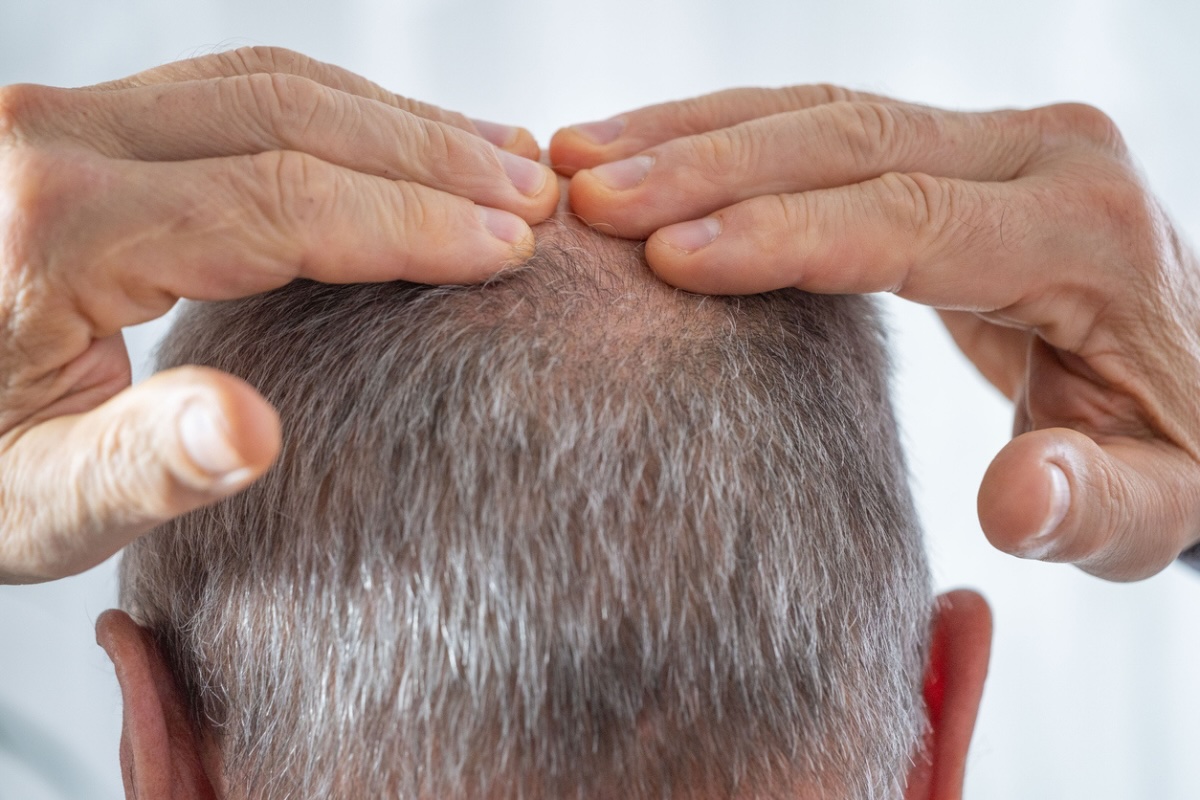Rejoyn has broken new ground as a novel FDA-authorized prescription app to treat major depressive disorder (MDD). Otsuka Precision Health, an organization focused on helping people achieve better total healthcare and a subsidiary of Otsuka America Inc., commercializes the treatment in the United States after years of work by its parent company to develop and study the treatment with technology partner Click Therapeutics.
Other digital mental health solutions rely on cognitive behavioral therapy (CBT). Rejoyn, however, sets itself apart with a focus on cognitive-emotional training.
Psychiatrist.com spoke with Otsuka Precision Health to learn more about Rejoyn and its clinical impact. They also discussed the company’s overall vision for the future of digital mental health care.
What Makes Rejoyn Unique?
How does Rejoyn differentiate itself from traditional psychotherapy and existing digital mental health solutions?
“Rejoyn is designed to help reduce major depressive disorder (MDD) symptoms. And it does that by specifically targeting and strengthening a neural network responsible for cognitive control of emotion. This neural network doesn’t function as well in people with depression. A team of psychiatrists, psychologists, and neuroscientists at the Icahn School of Medicine at Mount Sinai developed the core treatment component of Rejoyn to target this underlying mechanism. This novel treatment modality is unique to Rejoyn,” Daniel Carpenter, PhD, clinical psychologist and Senior Director, Global Digital Therapeutics Product Development, explained.
“The six-week treatment program centers on the clinically proven cognitive-emotional training exercise, the emotional faces memory task (EFMT), which its inventors built to help improve communication between the parts of the brain responsible for processing emotion by tapping into neuroplasticity, the brain’s natural ability to change.
“Also, unlike your average wellness app, Rejoyn is an FDA-authorized Class II medical device that requires a prescription. Rejoyn is the first-and-only prescription digital therapeutic U.S. regulators have approved for the treatment of MDD symptoms as an adjunct to antidepressant medication in adults 22 and older.”
Carpenter points to the millions of people for whom standard medication isn’t enough as a driving force.
“The standard of care for MDD typically consists of an antidepressant medication and/or psychotherapy. These treatments, while often effective, leave many with a partial response to treatment. In many cases, this means adding psychotherapy to an antidepressant medication or adding adjunctive medication to an antidepressant medication,” Carpenter elaborated. “Unfortunately, there’s a shortage of psychotherapy providers, and waitlists are often long. Also, due to potential concerns with side effects and interactions with medications, patients and healthcare professionals may be reluctant to add further medication. There is a need for alternative treatment options for patients with MDD symptoms,” which Rejoyn provides.
However, Carpenter is quick to point out that Rejoyn has not been studied in patients with treatment-resistant depression.
A Look Into the Trial Design
What clinical studies have you conducted to evaluate the app’s effectiveness, and what did you find?
“Rejoyn was evaluated in the Mirai study, a multicenter, masked, randomized, controlled trial that provided the data necessary to support Rejoyn’s clearance by the FDA in March 2024,” Carpenter added. “In addition to the Mirai trial, there were two earlier proof-of-concept studies evaluating Rejoyn’s cognitive emotional training exercise. Results from those studies indicated that treatment with EFMT resulted in improvements on the Hamilton Depression Rating Scale (HAM-D).”
As far as the trial design, the Mirai study included a 13-week multicenter, masked, randomized, controlled trial. Researchers worked with 386 participants between the ages of 22 and 64 who were already on an antidepressant medication.
“After an initial screening period, participants were randomized 1:1 to either a treatment arm or control arm using a sham app, which was a cognitive training matched for time and attention with Rejoyn,” Carpenter said.
The research team assessed the study participants using the Montgomery–Åsberg Depression Rating Scale (MADRS) and the Patient Health Questionnaire-9 (PHQ-9). They also assigned Clinical Global Impressions–Severity (CGI-S) scores at various points before, during, and after treatment.
“The study sites told participants they would treat them with one of two digital therapeutics for depression. Therefore, participants in the control arm had no expectation they weren’t engaging with a treatment for depression and also were engaging in a task with cognitive effect.”
For the primary endpoint, the team settled on the mean change from baseline to week six on the MADRS total score for the mITT (Modified Intent-To-Treat) population. Researchers compared the mean change in the Rejoyn group against the sham group, which yielded a non-statistically significant difference.
Carpenter said the team also evaluated the mean MADRS total score change among the ITT (Intent-To-Treat) population up to the sixth week. However, the researchers compared the mean change in the Rejoyn group with the sham group and discovered a statistically significant group difference.
“The minor differences in results and statistical significance between the mITT and ITT groups were related to the difference in sample sizes; the ITT sample was about 10% larger than the mITT sample, which provided more power to detect a treatment effect,” Carpenter pointed out. “A post-hoc Meaningful Within Patient Change (MWPC) analysis on MADRS suggested that a greater proportion of patients in the Rejoyn group observed a meaningful symptom benefit compared with the Sham group.
“The study participants generally started with moderate depression. Some also had anxiety symptoms. In this group, especially those with moderate to higher anxiety, we saw early and lasting improvements on the MADRS scale,” Carpenter stressed.
Finally, Carpenter added that they worked with adults with a primary DSM-5 diagnosis of MDD without psychotic or mixed features. These individuals were stable on monotherapy antidepressant treatment. They all had a reported history of inadequate response in the current depressive episode, and, they posted HAMD-17 scores over 18.
“Key exclusion criteria were a diagnosis of psychotic or bipolar disorder in their lifetime and characterization as treatment-refractory or as having a significant risk of suicidality,” Carpenter added.
Full clinical data can be found as part of the Clinician Brief Summary.
A Look Into the Clinical Evidence
Can you share specific data on efficacy and safety? How do these results compare to traditional antidepressant treatments?
“On average, trial participants reported that Rejoyn reduced their depression severity from moderately severe to mild, and clinicians reported that Rejoyn reduced depression severity from moderately ill to mildly ill. During the month following treatment with Rejoyn, there was a trend toward continued improvement,” Carpenter said.
“While there are no head-to-head studies with traditional antidepressant medications, based on a meta-analysis of depression treatment publications, the effect size seen with Rejoyn in the Mirai trial is comparable to standard first-line antidepressants as well as other augmentation therapies, but without treatment-related adverse events.”
Have there been any reported side effects or adverse reactions?
“The clinical trial found no adverse events related to Rejoyn,” Carpenter replied. There are also no known contraindications to using Rejoyn.
How Does Rejoyn integrate with existing treatments?
“Rejoyn is an adjunct to clinician-managed outpatient care for adult patients with MDD age 22 years and older who are on an antidepressant medication, such as an SSRI, SNRI, or NDRI. Rejoyn complements patients’ existing mental health treatment but does not replace it,” Carpenter explained. “It’s not intended to be used as a standalone therapy or a substitute for medication. Patients should continue their current treatment as directed.”
Privacy, Security, and Affordability Concerns
What measures have been implemented to protect user data? And how does Rejoyn ensure regulatory compliance?
“Protecting patient information is critical with digital mental health tools like these,” Senior Director of Digital Therapeutics Iman Ahmed said. “Trust and transparency are critical as well. We draft all our data and privacy consents in plain language. This allows users to opt in to activities such as participating in real-world data collection. Patients can also change their privacy choices in their app profile at any time.”
What about potential cost barriers?
“While a limited number of innovative payors (such as Highmark) cover prescription digital therapeutics, we hope they set an example for others to follow. OPH is actively negotiating agreements with provider and payer groups for Rejoyn coverage. We aim for Rejoyn to become the first widely covered prescription digital therapeutic,” Ahmed said. “It’s also encouraging to see CMS showing more interest in covering digital mental health treatments (DMHTs) like prescription digital therapeutics in their most recent Physician Fee Schedule. And we hope this inspires other payors to make these FDA-cleared treatments available, too.”
But Ahmed adds that accessibility is what drives the company.
“We charge $200 for the full six-week treatment program,” Ahmed said. “If a patient’s insurance doesn’t cover Rejoyn, there are discounts available that can bring the cost down to $50. We discount Rejoyn to a $50 cash price for patients to facilitate greater access and adoption in clinical care. While we believe insurance coverage will be forthcoming, we care about making an impact now for those in need.”
Looking Ahead
So, what’s next?
“Over the next 12-24 months we look forward to continuing to raise awareness about Rejoyn among patients and healthcare providers. Ultimately, we want to see this become a part of the standard of care for depression,” Ahmed shared. “Our hope is that Rejoyn paves the way for other treatments as the public becomes more familiar with the technology. We see how digital technologies can help people in ways we’ve only begun to imagine.”
What about AI?
“Rejoyn does not use AI to deliver treatment. And we’d need to carefully consider any development to incorporate AI,” Ahmed explained. “I fully anticipate there will be use cases for incorporating AI into prescription digital therapeutics, mental health monitoring, and personalized treatment recommendations. But, unmet patient needs must drive innovation.”
In that same vein, Ahmed reflected on the ways the company keeps human connection front of mind.
“We remain committed to both ‘high-tech’ and ‘high-touch.’ Or, more accurately, ‘right-touch’ offerings for the patients we support,” she concluded. “Toward that end, all Rejoyn users have the choice to opt into nurse support as part of their treatment.”
In a rapidly shifting landscape, Rejoyn stands alone as the first and only FDA-cleared prescription app for depression]). Offering a novel approach that goes beyond traditional CBT apps, Rejoyn represents a significant innovation in the mental health space.


